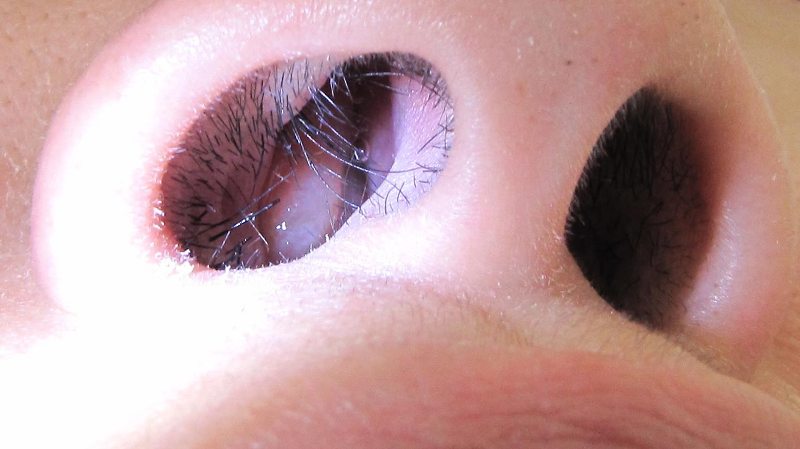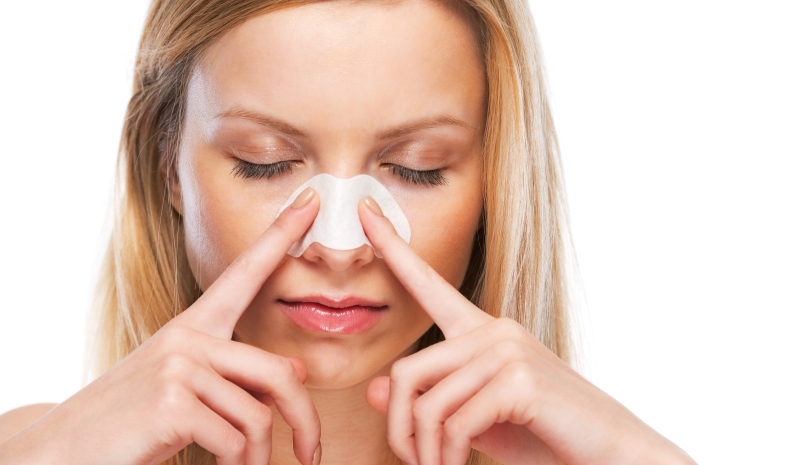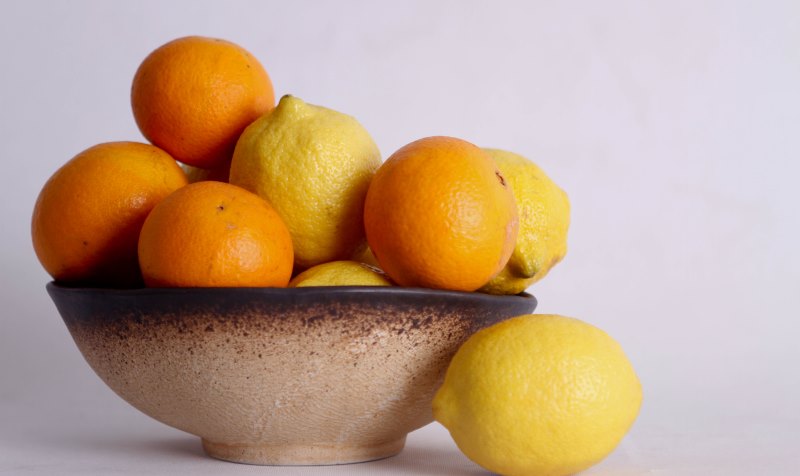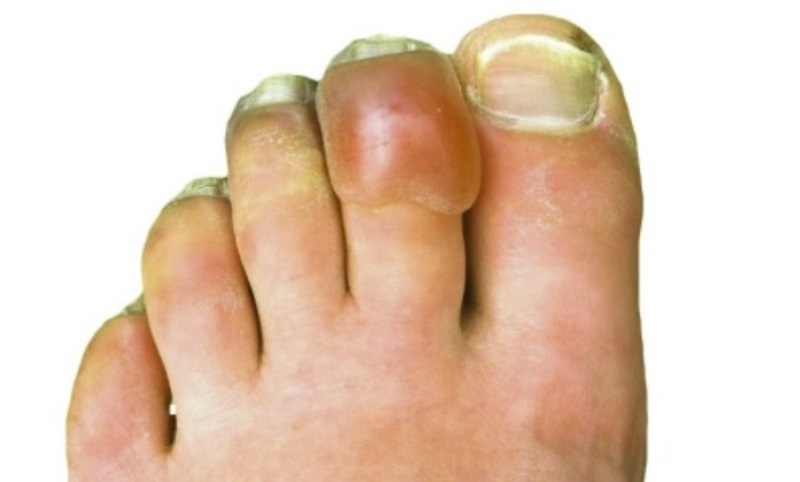Overgrowths in the nasal cavity, nasal polyps are jelly-like outgrowths that can cause blockage of the nasal cavity, discomfort in breathing, soreness, pain, inflammation, snoring and/or other respiratory allergic reactions or infections. Although these fleshy outgrowths are benign and non-cancerous, they can interfere with an individual’s routine functions and deprove his/her quality of life.

Image source: healthline
While the medical solutions for nasal polyps involve steroid injections, antifungal medications, oral corticosteroids and surgery, home remedies for nasal polyps prove to be more cost-effective and natural alternatives to remedy the situation. Also, these home remedies for nasal polyps are less painful by virtue of being less intrusive and come with no side effects.
Suggested read: 13 super amazing home remedies for acne scars for flawless skin
If you are looking for natural and effective ways to battle these outgrowths, here are select home remedies you can use:
1. Homemade nasal rinses

Image source: Shutterstock
If standard saline water rinses available at the drugstores seem to give you a hard time, you can opt for one made in the ambit of your home. One of the most effective home remedies for nasal polyps, a homemade nasal rinse would involve a saltwater solution that can cleanse your nasal cavity, rinse out impurities and alleviate the symptoms. It can also cause a reduction in swelling, soreness and inflammation- by gradually weeding out the polyp and preventing any future recurrence. You can prepare a saltwater nasal rinse by mixing a tbsp of Epsom salt in a glass of warm water until the solution is completely transparent. The resultant mixture is to be stored in a clean nasal spray bottle and sprayed into each nostril regularly, several times a day to attain effective results. Alternatively, you could use a bulb syringe to administer the spray into your nasal cavity.
2. Steam inhaler
Inhaling steam is one of the oldest tricks in the book and can prove extremely effective in easing nasal congestion and constriction. The process involves boiling water in a vessel and then, inhaling the steam emanating from the same while covering the vessel and your face with a thick towel so as to allow the steam to hit your face and consequently, enter your nasal cavity directly. Deep breathing helps- as does alternating breathing with each nostril whilst keeping the other blocked by a finger. This yields effective results by clearing out blockages and infections caused by polyps.
3. Hot baths
Hot baths are known to reduce the symptoms to an extent. Soaking in a hot bath or taking a hot shower can clear out nasal congestion and unblock the passage to relieve breathing difficulties as well as bring down the soreness and inflammation.
4. Apple cider vinegar
Inhaling the steam from a solution of apple cider vinegar and hot water mixed in a 1:4 ratio can help relieve the symptoms to a great extent. Alternatively, a mixture can be prepared with 3 tbsp of apple cider vinegar, 3 tbsp of honey and a cup of hot water. This solution needs to be ingested daily- once in the morning and once at night to help detoxification, clearing out of the mucus and alleviating the infections that are aggravating the condition.
5. Citrus fruits

Image source: Google, copyright-free image under Creative Commons License
Citrus fruits are a rich source of Vitamin C that is needed to bolster one’s immunity and ward off infections, including nasal polyps. An increased intake of Vitamin-C laden foods can help to bolster the production of bioflavonoids, substances that regulate blood vessels and tissues present inside the nasal cavities. This can consequently reduce the development of nasal polyps whilst also bringing down the existent growth considerably.
6. Horseradish with honey
One of the most effective home remedies for nasal polyps, horseradish is known for its anti-bacterial properties that aid in eliminating any allergen that is contributing to the growth and/or development of the nasal polyp. Consuming a small amount of horseradish with a few drops of honey can help to reduce the symptoms as well as lower the risk of recurrence. The honey is required to balance out the strong odor and taste of horseradish. The best option is to mix grated horseradish with a few drops of honey for daily consumption.
7. Castor oil
Castor oil can help fight off allergens by boosting the body’s immunity to fight infection. A tbsp of castor oil every morning can control the symptoms, reduce the size of polyps as well as prevent recurrences.
8. Tea tree oil
Tea tree oil is known for its strong anti-bacterial, anti-fungal and anti-inflammatory properties- thereby, facilitating in clearing out of nasal blockages, relieving nasal infections and bringing down the incidence of polyps. Rubbing a few drops of the oil near the nasal cavity at regular intervals throughout the day can provide tremendous relief.
9. Garlic and onions

Image source: Google, copyright-free image under Creative Commons License
Eating raw garlic and onion can prove to be extremely efficacious in clearing out nasal blockage and get the mucus flowing. The potent anti-bacterial and anti-fungal properties of garlic and onion can prove to enable nasal glands, thereby washing down any obstructions. If the smell keeps you off, you may try mixing them in food preparations- however, the recipe isn’t as effective in combating nasal polyps.
Suggested read: 12 practical methods of getting rid of pesky bed bugs once and for all
10. Deep breathing exercises
Nasal polyps are responsible for mucus blockage that can bring in a host of other difficulties like snoring, respiratory trouble and nasal infections. Deep breathing exercises performed on a regular basis can help clear out nasal passages, thereby providing relief. The process is slow and takes a while to yield results and is, therefore, recommended for mild cases. 10 minutes of deep breathing sessions through each nostril repeated through the day at intervals can yield enhanced results.
Happy breathing!
Featured image source: healthline













